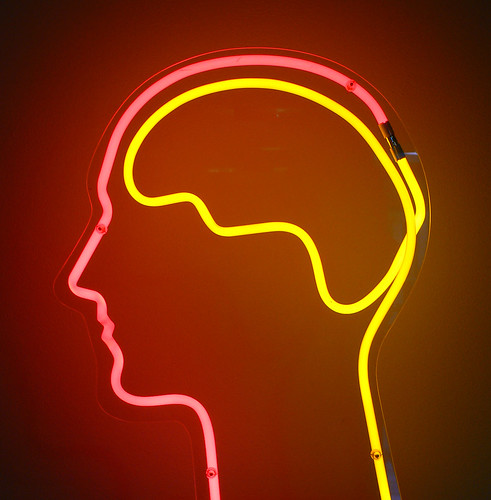Published 30 June 2010 by Alexander Bastidas Fry
The future of biomedicine is in neuroscience?
The impact of chemistry and physics to biomedicine apparently has its future in neuroscience according to Erwin Neher. The entire panel discussed various topics (you can read about some of the highlights here), but for me Neher dominated the conversation with his visions of the brain.
Erwin Neher (who moved from physics to neuroscience during his academic journey) mentioned two big problems. First was understanding the brain in its entirety. Second was interfering when things go wrong in the brain. To approach these problems he recognizes that neuroscience needs statistical physics and engineering. For example, to determine how neurons build networks he wonders if we can treat the brain as a content addressable storage device. The bad news is that it may be a long time before we understand the brain as a whole. It is too complex a problem. The good news is that there is hope to cure neural degeneration without understanding the entire brain, but instead just understanding cell biology such as mitosis or response to growth factors could lead to solutions.

Neher also touched upon the man-machine neural interface. He discussed the current limitation is that information transfer with the brain is only a few bits per second and this is not enough to control the 7 or so degrees of freedom needed to physically raise a limb to move an object. He has hope that a new generation of optogenetic techniquess with light could lead to solutions. He envisions minimally invasive fiber optic probes using various colors of light that can receive and send information to photo sensitive and photo emitting neurons. In this manner high bit rate data could be sent to and received from the brain.
One last topic in the panel that came up that I found quite amusing was a question from the audience that asked how quantum mechanics was important in biology. Neher stated that where light is important in biology quantum mechanics is also important; nature has to build machines with as few molecules as possible thus stochastic process become important in these situations. Ivar Giaever pointed out the sobering fact that all of physics is based on quantum mechanics. We can preform the full quantum mechanical calculations for only the most simple isolated systems, but this application is irrelevant because biological systems are much larger and interacting. Standard physics is generally all that is necessary.
Neher had the final word when asked what would be the next big discovery in science? He sent the audience into applause when he said, “if we knew, it would already have been discovered.”